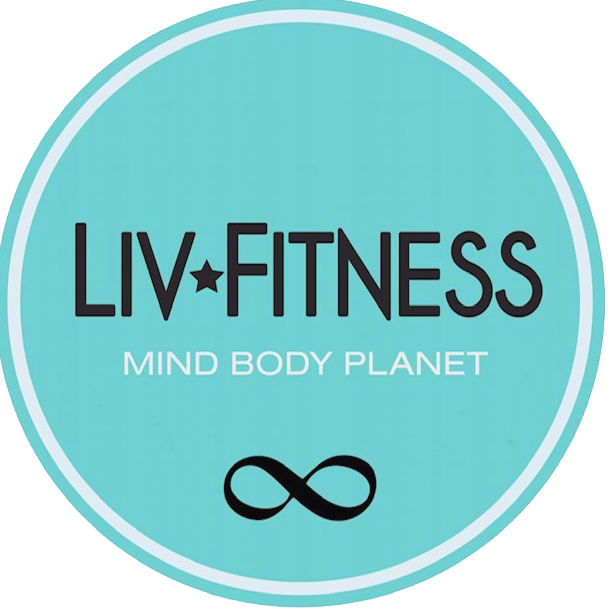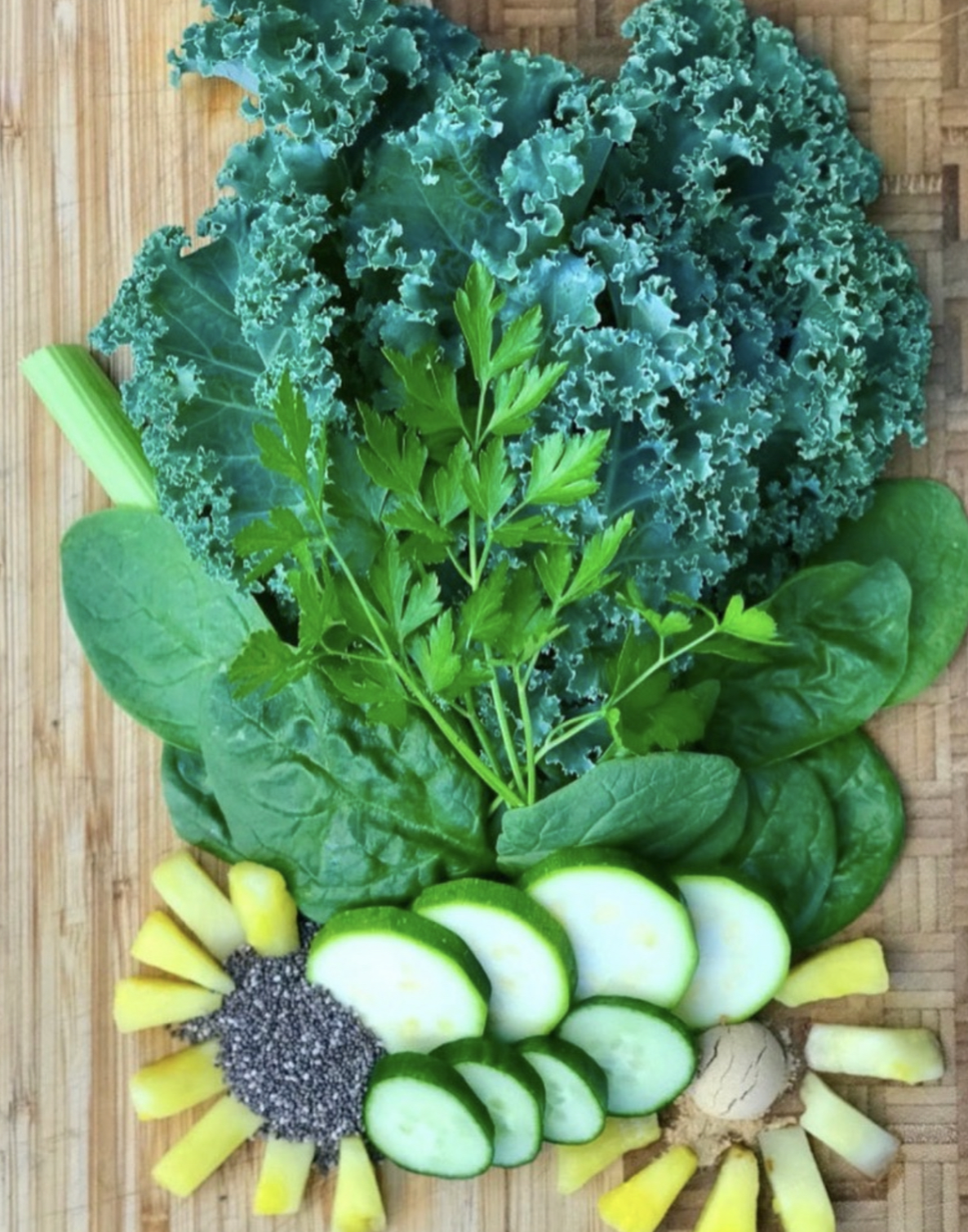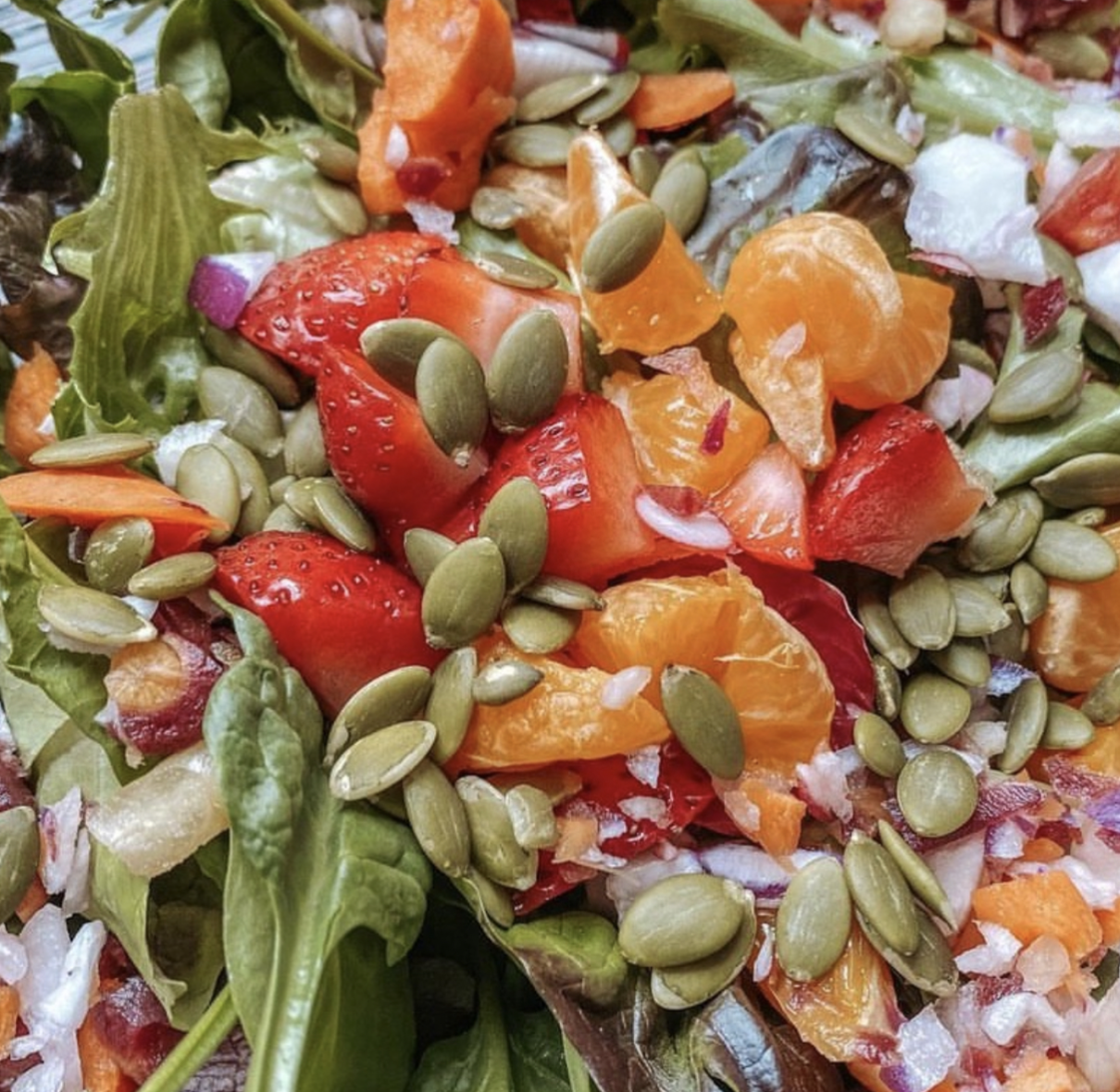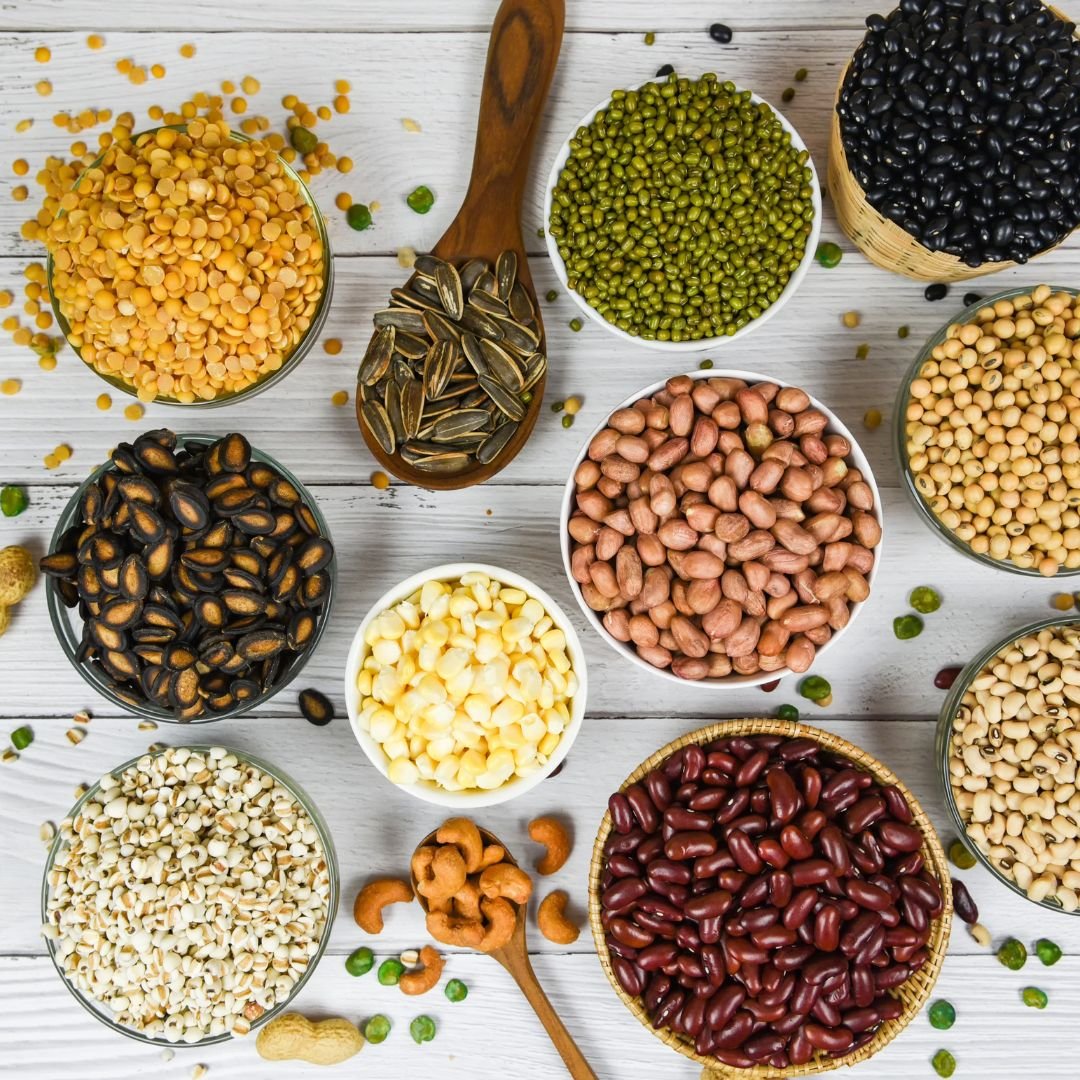Completing the Weight Loss Equation: Calorie Burn
Along with decreasing the amount of calories we take in through food, the amount of calories burned through exercise is a major factor most of us consider when we set out to lose weight. The logical conclusion to draw is that we should be burning as many calories as possible to create a greater calorie deficit and boost weight loss. Sweaty, heart-pumping cardiovascular exercise such as running, cycling, or kickboxing often comes to mind and we start prioritizing these types of exercises.
While it’s true that cardiovascular exercise burns calories and can be used to boost weight loss (and increase overall fitness), we shouldn’t neglect strength training when we want to increase calorie burn. We’ll go over two factors that make this true – Excess Post Exercise Oxygen Consumption (EPOC) and Basal Metabolic Rate (BMR).
EPOC refers to the amount of oxygen and energy (calories) your body has to use to recover after a workout. The more EPOC required, the higher the calorie burn. The cool thing about EPOC is that it can lead to calories being burned for hours, even days after your workout is complete. Resistance training (especially with heavy weights that challenge your muscles) leads to greater EPOC than cardiovascular training alone. It’s true that a single session of cycling may burn more calories than a strength training session equal in length but, thanks to EPOC, the strength training session will keep the calorie burn going, even after you’ve gone to sleep.
Basal Metabolic Rate involves the calories your body is burning all day, outside of exercise. Without you even thinking about it, your body uses energy to pump your heart, breathe, digest food, and maintain a stable body temperature (and these are just a few examples). Exercise of any kind increases the calories that are burned above and beyond the BMR. What makes strength training unique is that it can actually increase your BMR by increasing the amount of muscle mass in your body.
Each pound of muscle mass burns approximately three times as many calories at rest than a pound of fat. It makes sense then, that if you increase the amount of muscle mass you have, the more calories you will burn without even trying. The most reliable way to add muscle mass? Strength train with weights that are heavy enough to stimulate muscle growth. If you do this consistently and keep challenging yourself with heavier weights as you get stronger, you’ll keep increasing your BMR and burning more calories.
Though at first it might seem logical to prioritize cardiovascular training over resistance training when we want to lose weight, learning the facts about EPOC and BMR can give us a more complete picture of calorie burn. This can help you structure your workouts more effectively to reach your goals. Though there’s nothing wrong with adding more cardiovascular exercise to your routine, if you have limited time it makes sense to focus on consistent strength training first.
Calories and Weight Loss: Only Part of the Story
It all begins with an idea.
When people decide that they want to lose weight, the first thing they tend to focus on is calories. It’s simple right? Reduce the amount of calories you take in through food and/or increase the amount of calories you burn through exercise and you’ll lose weight. In practice, when we take a closer look, we begin to see that this is only part of the picture.
Focusing only on calorie intake/output without considering the needs of the body is a huge reason why so many diet plans are unsustainable and either don’t work or don’t work for long. People end up back where they started (just more frustrated). Contrast this with what happens when people focus on nutrition and exercise for the health benefits – they often lose weight without trying. These people also tend to feel better and actually begin to enjoy their healthy lifestyle (rather than being miserable on a diet). When we enjoy something, we naturally want to continue it (instead of just waiting for it to be over). The people who focus on eating and exercising for health find it naturally easier to maintain any weight loss because they like the way they feel. Let’s take a closer look at this.
The body requires a certain number of calories per day in order to provide enough energy for all of the essential functions it needs to perform. This number is different for everyone and depends on many factors (including age, activity level, and body composition). The body also needs adequate amounts of essential nutrients to function properly. We get our calories and nutrients from the foods we eat every day.
The truth is that calories only tell you one piece of information about a food. The number of calories in a particular food doesn’t reflect the nutritional value. Just because a food is low in calories does not mean that it is a healthy (nutrient-dense) choice. The same is true in reverse – just because a food is high in calories does not make it an unhealthy choice.
Many processed foods are highly concentrated with fats and sugars which raise the calorie content without adding any nutritional value. The body processes the calories consumed but is still short on nutrients. The body then signals for more food so you continue to feel hungry and take in more calories, leading to excess calories and weight gain.
Whole, natural foods (such as fruits/vegetables/and whole grains) are naturally packed with nutrients. Instead of “empty” calories, the body gets calories along with vitamins/minerals/protein etc. When these needs get met, the hunger signal gets turned off. You no longer have to rely on will power to resist taking in more calories.
Furthermore, the volume of processed foods in relation to their calorie content tends to be low. Just think of the amount of cucumbers and carrots you would have to consume to equal the calories in one slice of cake. Also consider how full you would likely feel after eating that many vegetables! This is why we naturally tend to eat fewer calories when our daily food intake is based around whole, nutrient-dense foods, resulting in weight loss.
In summary, if you want to lose weight, place your focus on balanced nutrition rather than calories alone. Chances are you’ll feel more satisfied with fewer calories and sustainable weight loss will take care of itself.










